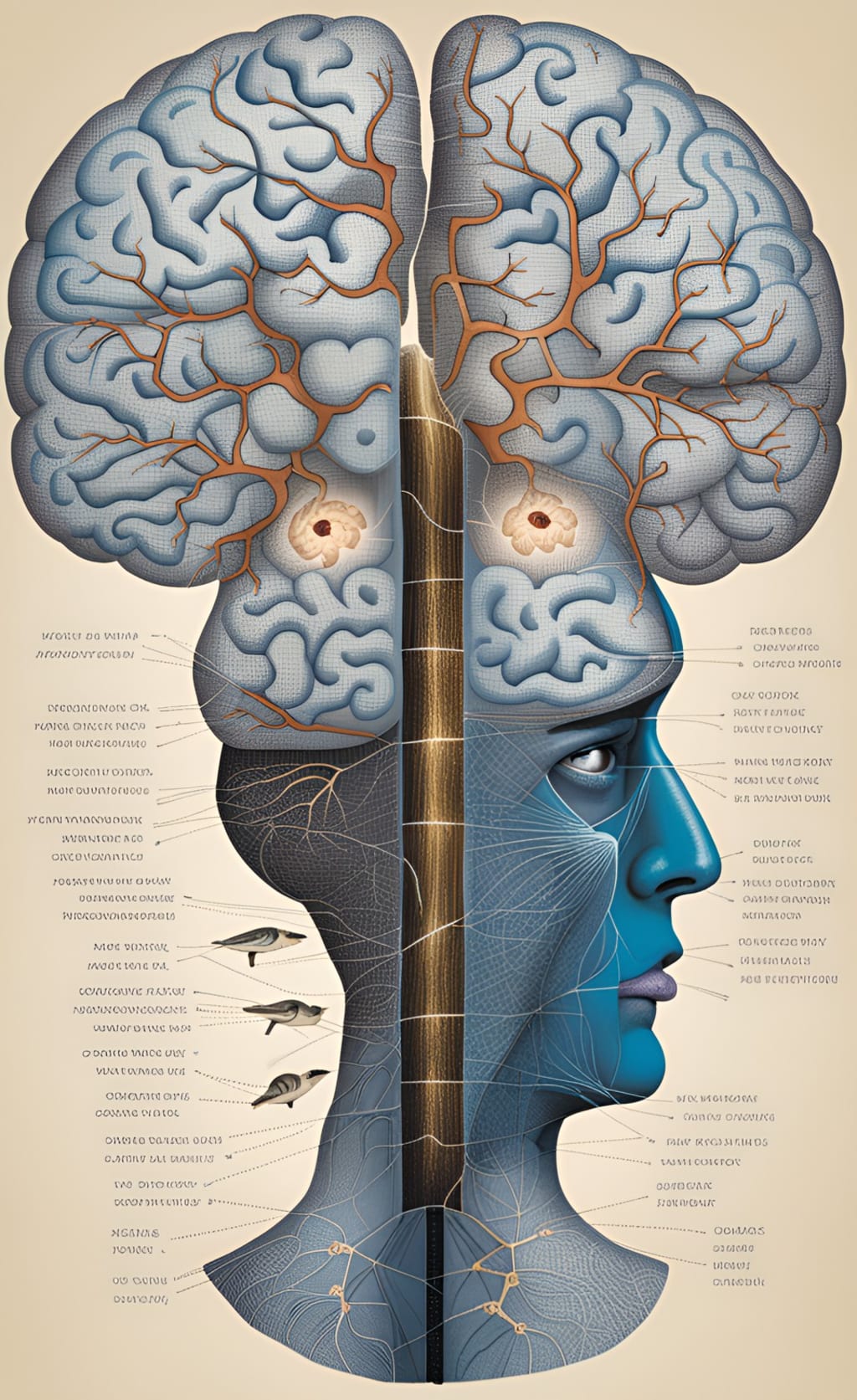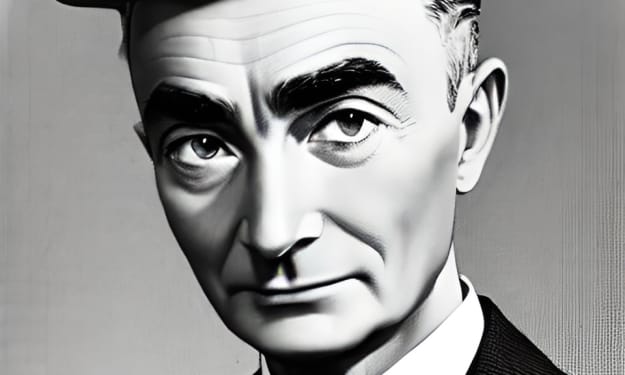Making Sense of Reality: How Our Brain Constructs Our Perception
Unlocking the Secrets of Perception: How Our Brain Shapes Our Reality

Introduction
In the realm of philosophy, one question has persisted through the ages: Do our experiences align with objective reality, or are we merely interpreting a subjective version of the world around us? This philosophical conundrum has been a topic of heated debate, but the answer is far from straightforward. The truth lies in the complex relationship between our sensory experiences and the intricate signals processed by our brains.
The Brain's Isolation
Picture your brain as being enclosed in a dark, silent box within your skull. This cerebral sanctuary has no direct awareness of the external world or even the state of your own body. It solely relies on sensory signals from your body's surfaces, leaving it in a perpetual state of uncertainty regarding the actual causes of these signals. This enigmatic dilemma is known as the 'Reverse Inference Problem.'
Deciphering the Unknown
When your brain receives sensory signals, it doesn't possess prior knowledge of their origins. Whether it's a loud bang that could signify a car backfiring, a door slamming, or even a gunshot, the brain's initial understanding is purely based on speculation. This educated guess is paramount because it dictates your subsequent actions – whether you take cover or simply enjoy a breezy day. Fortunately, the brain has a trump card in its prediction game: your past experiences.
The Brain's Predictive Model
What makes this even more intriguing is that the brain isn't just making these educated guesses reactively; it's doing so proactively. Scientists often describe this as the brain constructing a model of the world, but in reality, it's constructing a model of your body's relation to the world. Psychology labels a group of similar instances as a category, and this is precisely what your brain does when making predictions. It forms a category by referencing past instances that share some resemblance to the present, aiding in projecting what's likely to happen next and shaping your ensuing experience.
The Nature of Similarity
The crux of the matter lies in what criteria your brain employs to establish similarity within these categories. Is it solely reliant on sensory and motor features, such as the roundness and texture of an apple, or does it venture into the realm of abstract features – multimodal summaries of feature patterns? This distinction is critical, as it significantly influences the way we perceive and interact with the world.
Constructing Social Reality
Human brains, due to their unique cognitive capabilities, can go a step further and create what is known as 'social reality.' This is where we collectively ascribe functions to objects that aren't inherently tied to their physical properties. Take money, for instance – those little pieces of paper have value solely because society deems them to have value. We can draw imaginary lines on maps to create borders, delineating categories of people as immigrants and citizens. This ability to impose meaning is the essence of social reality.
Psychological Categories as Social Constructs
In the world of psychology, a fascinating hypothesis emerges: many psychological categories are, in fact, forms of social reality. We assign meanings to facial expressions, like a scowling face, that they did not originally possess. Yet, because we collectively agree on these meanings within a particular cultural context, they become a part of our shared reality.
The Power of Imagination
While it's true that our brains may dwell within a silent box, it doesn't imply that we are trapped within it. Our brains possess an extraordinary capacity to blend bits and pieces of past experiences to create something entirely novel – our imagination. However, this double-edged sword can lead us away from the present moment. Balancing our ability to envision and predict with staying grounded in the here and now is a skill that requires practice.
Conclusion
In the intricate dance between our sensory experiences and the brain's interpretations, reality takes on a multifaceted nature. It's not merely a direct reflection of the objective world but a construct molded by our senses, past experiences, and the social fabric we inhabit.
Frequently Asked Questions
- Can our brains ever truly understand the objective reality?
Our brains provide us with interpretations of reality based on sensory input and past experiences. While it may not be a perfect representation of objective reality, it's the closest we can get.
- How does social reality affect our daily lives?
Social reality plays a significant role in shaping our perceptions and interactions. Concepts like money, borders, and citizenship are social constructs that impact our lives profoundly.
- Is imagination a blessing or a curse?
Imagination is a powerful tool, but it can lead us to become detached from the present. Striking a balance between imagination and reality is essential for a fulfilling life.
- Can we alter our brain's perception of reality?
While we can't change the fundamental way our brains perceive reality, we can influence it through mindfulness, education, and exposure to diverse perspectives.
- How can I improve my ability to stay present in the moment?
Practicing mindfulness, meditation, and consciously grounding yourself in the here and now can enhance your ability to stay present and fully experience reality.
In conclusion, our perception of reality is a complex interplay between our sensory experiences, past knowledge, and the society we live in. While it may not mirror objective reality perfectly, it is a unique and dynamic construct that shapes our daily lives in profound ways.





Comments (1)
Interesting! Great work!